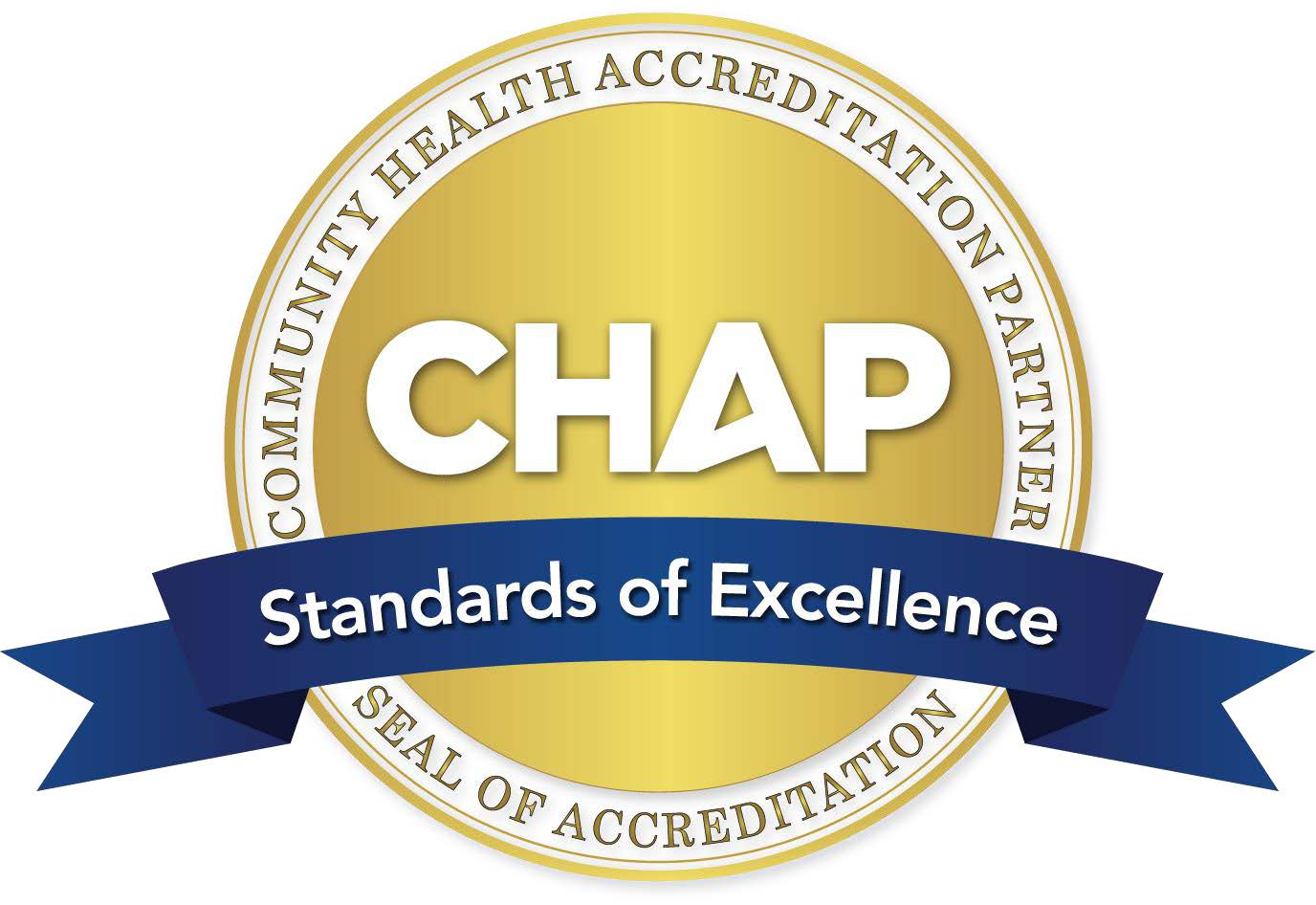What Is an Advance Directive?
Advance directives are legal documents that enable people to plan for and communicate their wishes about end-of-life care when they are unable to do so. In Minnesota, the Minnesota Health Care Directive is a document that includes a person’s wishes about medical treatments and interventions during illness or injury and or the use of life-sustaining medical treatments at the end of life. The purpose of a Health Care Directive is to direct your family and the health care professionals (nurses, physicians, and social workers) in the treatment choices of a person that is unable to speak for him or herself due to illness or injury. A durable power of attorney for health care allows people to appoint someone to make medical treatment decisions on their behalf.
Both types of documents are critical to ensuring that the client’s wishes are respected. In Minnesota, the health care directive and appointment of a durable power of attorney for health care may be included on one form. The durable power of attorney for health care can make decisions about treatment and care for a client during an acute illness, chronic illness, or specifically at the end of life when the client is not able to speak for him or herself.
A proxy decision-maker is someone who makes a medical decision when a client is not able to do so. This may be someone the client has chosen, or whom the state has designated or appointed such as a guardian or conservator.
Why Should I Prepare a Written Advance Directive?
The best time to think about the care you would want or do not want is when you are able to decide for yourself. At a minimum, discussing your wishes with your family allows them information that may assist them in speaking for you should you not be able to due to an injury, incapacitation, or terminal illness.
Persons over the age of 18 are encouraged to write down their wishes to allow a more formal guideline for an agent(s) to follow. While there is not a specialized form required in Minnesota, examples of forms that meet the requirements of the law are available for any client at the Minnesota Board on Aging website (www.mnaging.org/advisor/directive.html), the Five Wishes (http://www.agingwithdignity.org/5wishes.html), or comparable form from your health care provider. If you have completed an advance directive, it is important that your physician, health care proxy, hospital, nursing home, hospice, home care, and clinic receive a copy.
Can I Change My Advance Directive?
It is important that you periodically review your health care directive and revise it as your treatment wishes and choices for your decision-maker may change. You may change or cancel your advance directive at any time by informing your physician of those changes orally, but it is better to do it in writing. When changing or updating your advance directive, it is important to distribute new copies to all the parties that had a copy of the original directive.





